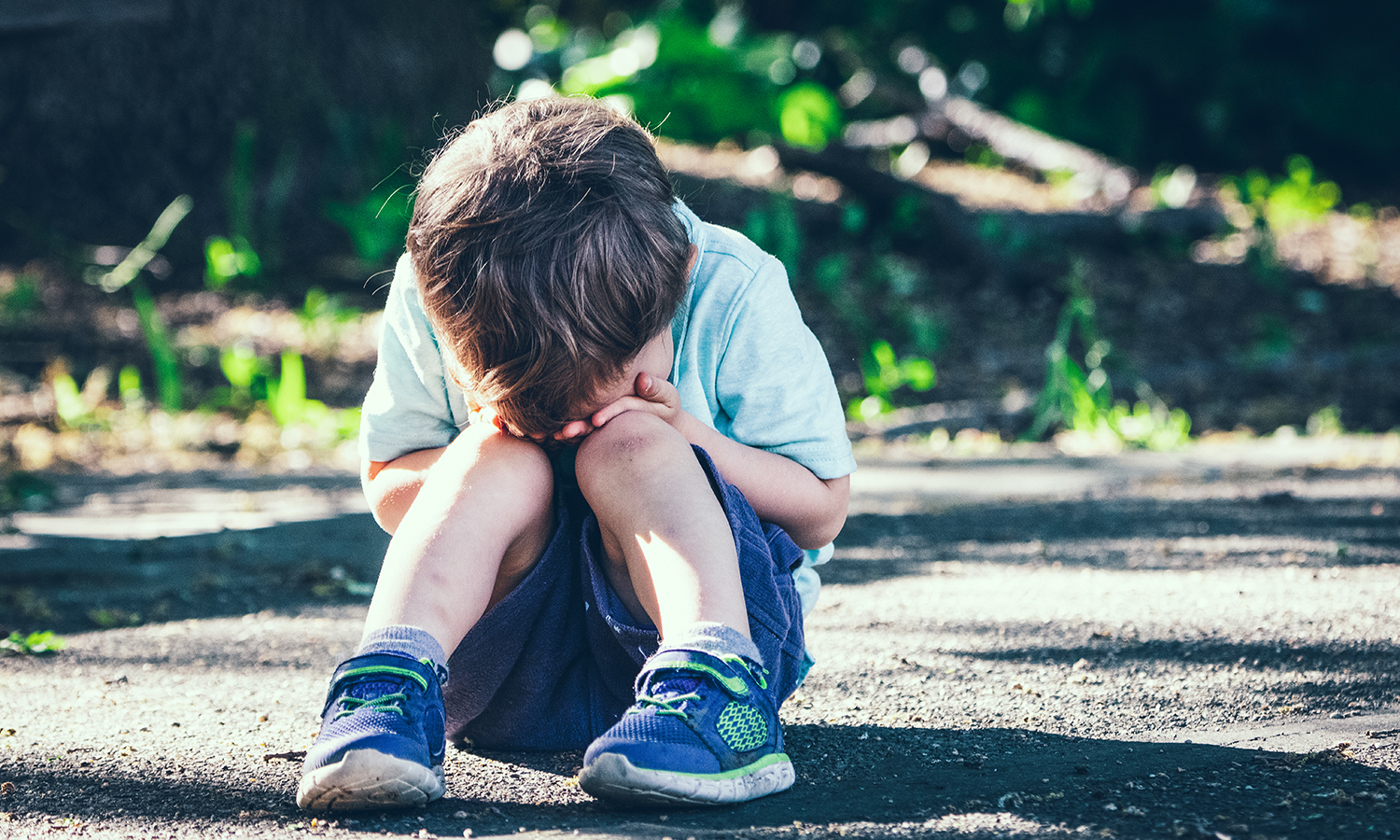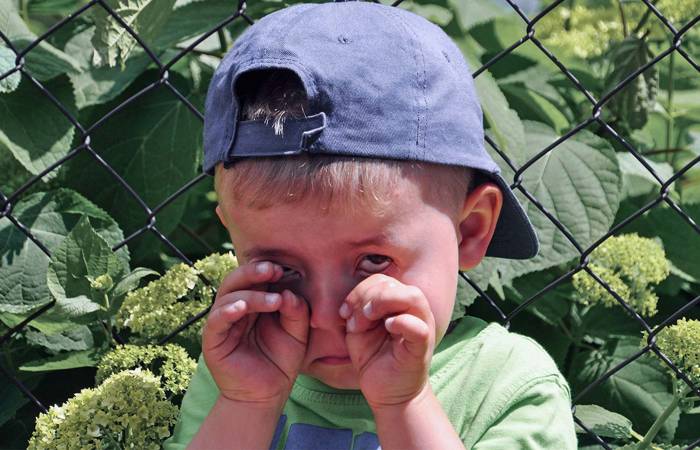Like what you see?
Sign up to receive more free parenting advice.
Thank you for subscribing to our newsletter!
Child Development

Credit: iStock.com/Juanmonino
Bullying is a traumatic situation for children, taking an enormous toll on a child’s physical and mental wellbeing.
Statistics show around 35 per cent of people have experienced bullying at some point in their lives.
One study, carried out by Dieter Wolke from the University of Warwick, focused on more than 4,000 children in the UK and US. It found that bullied children were five times more likely to experience anxiety and nearly twice as likely to report depression and self-harm at age 18 than maltreated children.
But what about the children who are doing the bullying? How are parents supposed to deal with their behaviour? What is going on in their lives that means they’ve turned to bullying behaviour in their daycare, preschool or school?
The National Centre against Bullying, claims children who bully often show other problematic behaviours, such as attention deficit/hyperactivity disorder, oppositional defiant disorder, depressive disorder and conduct problems.
Avoiding the bullying 'label'
According to Associate Professor in Clinical Psychology at Deakin University, Dr Jade Sheen, the term “bullying” is not really applicable to children aged five and under.
Dr Sheen believes that naming particular behaviour in that age group of children “bullying” is yet another way that people put labels on children, and those labels are not always helpful.
“There’s also the question of whether to call bad behaviour ‘bullying’. Labels that we give to particular behaviour just enable us to describe a behaviour and bullying is more of a legal term than anything else,” Dr Sheen says.
“What you could say is that if you see a child demonstrating concerning behaviours in the under-five age group then it’s always important to act because the behaviour for those kids doesn’t occur without a reason.”
According to the National Centre against Bullying, for the five and under age group bullying behaviour can consist of anything from name calling to the physical such as pushing, hitting or biting.
Overall, bullying features four aspects: intentional, repetitive, power imbalance and negative effects. Family factors can also contribute to bullying behaviours such as use of physical punishment, permissive child-rearing, low levels of parental affection, high levels of family conflict, low family cohesion and care.
So whether we call the behaviour bullying or whether you want to call the behaviour something else, if the child is behaving aggressively or being unkind to others then there needs to be something put in place to help support that child. The child will need help to understand what’s appropriate behaviour and what is not appropriate.Dr Jade Sheen
Stay up to date with the latest news and articles from First Five Years
Thank you for subscribing to our newsletter!
Finding the causes of 'bullying behaviour'
Dr Sheen says any child who is showing “bullying behaviour” is clearly going through, or has gone through, a situation that has impacted on them in a negative way.
“It’s important to understand that behaviour is a form of expression and there’s clearly something else going on for them. It might be something happening in their preschool or school, or it might be something happening in their home,” Dr Sheen says.
“So whether we call the behaviour bullying or whether you want to call the behaviour something else, if the child is behaving aggressively or being unkind to others then there needs to be something put in place to help support that child. The child will need help to understand what’s appropriate behaviour and what is not appropriate.”
A US study conducted over seven years found that any child can be a bully and a majority of children will bully another child at one point in their life.
Another study at the University of Turku in Finland revealed about 20 percent of those who were bullies as children had a mental health problem that needed medical treatment as a teen or young adult.
This compares to a finding in the same study that 23 percent of the children who were bullied frequently had sought help for a psychiatric problem before the age of 30.
(The group that fared worst in terms of adult mental health were the children who were frequently bullies and were also bullied themselves.)
But when it comes to the child carrying out the bullying behaviour, Dr Sheen advises parents to take a close look at what’s going on at home.
“The best way for parents to handle the situation is to reflect on their home life. How are they behaving at home? Are there any changes or stresses in the child’s environment that you can manage as a parent?” Dr Sheen says.
“If there doesn’t seem to be anything out of the ordinary at home, then parents need to take a look at the daycare, preschool or whatever environment that the child is in to see if the stress is coming from that place.
“But, of course, it’s not easy to look into an environment, such as a preschool, that you have no control over. So unless you can be in a situation where you can observe your child in the preschool, I’d encourage parents to take a look at the environment that they can control, such as the home environment.”
“Often, when we reflect on these situations, we might notice a subtle change that’s going on, or it might be that the family has just moved house and the child is feeling uncertain or anxious. Parents can usually find that there are certain things that the child has been going through that has influenced their behaviour.”
If parents are unsure about what might be causing their child’s behaviour, Dr Sheen suggests talking to teachers or carers and taking a look at whether the child is happy in that particular environment.
“If you’ve excluded all those potential causes and if you really can’t see anything that might be causing their behaviour, then it might be time to talk to your GP and then talk to a psychologist as that might be the only way to really understand why the child is behaving in a negative way.”






